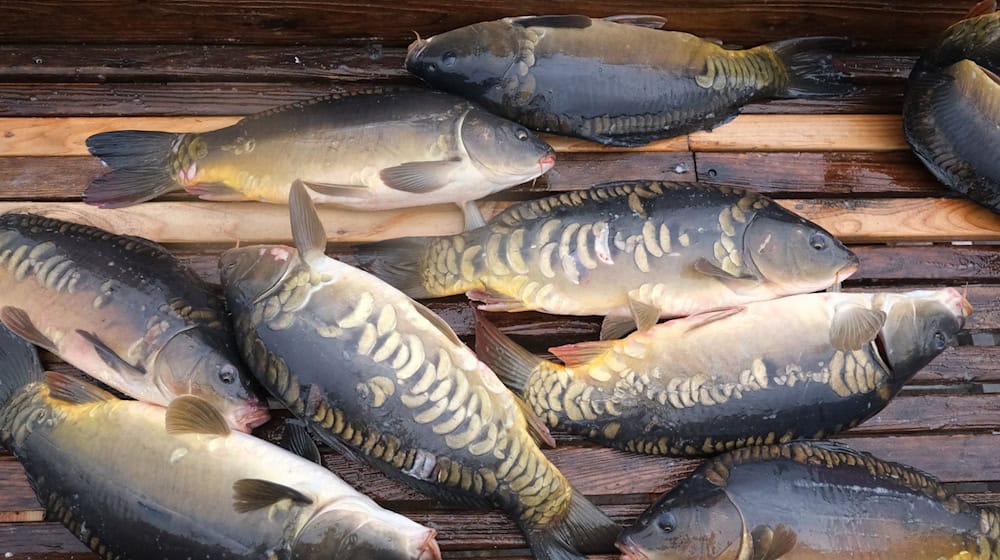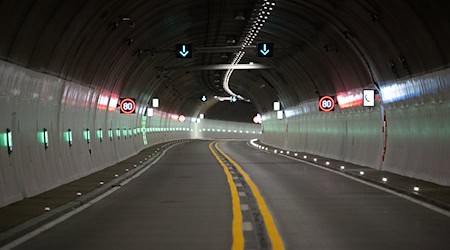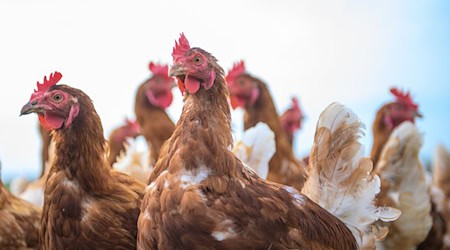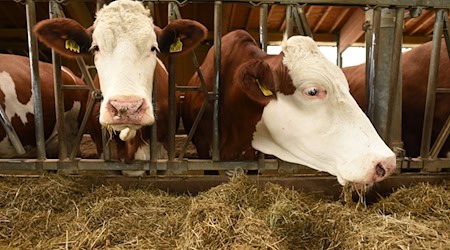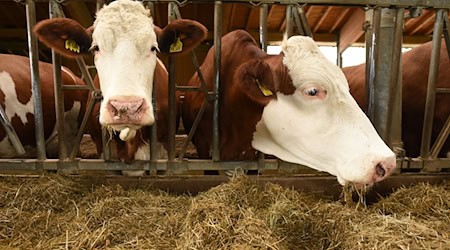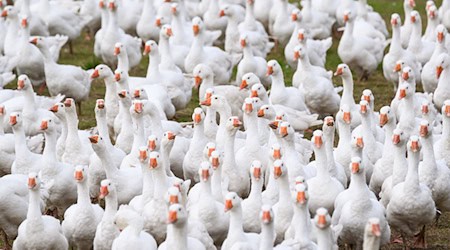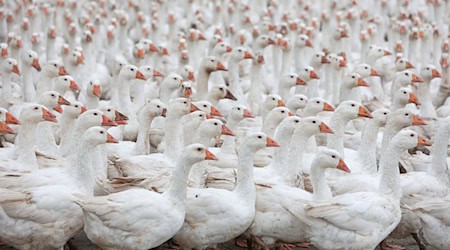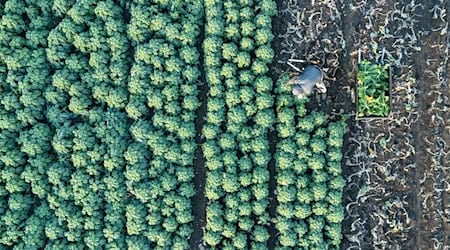Saxon carp producers see their existence threatened by numerous problems. "The ponds were artificially created several hundred years ago and have been run commercially ever since. Now we are at a crossroads and on the brink of the abyss," said Richard Kuntzsch, Managing Director of the Saxon Fishing Association, in an interview with the German Press Agency. The fish farmers are heavily regulated by the authorities and left to deal with problems on their own.
A tightening of the funding guidelines for pond management and nature conservation is causing particular problems for the industry, says Kuntzsch. According to these guidelines, farms are only allowed to produce a maximum of 400 kilograms of fish per hectare - for ecological reasons. "That's a blow to everyone." In GDR times, 3,000 kilograms per hectare was common practice, after reunification it was 1,000 kilograms. Now the fishermen have their backs against the wall financially. To break even, they need 750 kilograms per hectare.
Association: life is becoming increasingly difficult for fishermen
"The authorities are cutting production volumes. Compensation payments for the lost production volumes cannot compensate for this. That is the biggest problem in the industry," explains Kuntzsch. "Fishermen are entrepreneurs. They have to earn an adequate income with their product. Some people in politics don't seem to realize that."
According to Kuntzsch, nature conservation undoubtedly plays a role here. After all, carp can only find enough natural food in a functioning ecosystem. "The pond manager always strives to ensure that this system remains intact." He also intervenes to regulate it, for example by cutting reeds. "However, we are critical of the fact that nature conservation associations and politicians are increasingly influencing our industry and want to know everything better."
Carp cannot be produced on an assembly line
In any case, the growth of carp cannot be accurately predicted, argues the Managing Director. Carp are a natural product and cannot be produced and measured on an assembly line like chocolate bars. "A carp triples to quadruples its weight as it grows. The fisherman is therefore only allowed to use around 100 kilograms of carp per hectare in order not to exceed the specifications in the end. However, this is absurd because it cannot be precisely estimated."
The Ministry of Agriculture claims that more than 80 percent of the managed ponds are subject to Natura 2000 site protection. "Despite this, fish production is generally possible on the majority of ponds without yield restrictions." Only around a third of all ponds are subject to a limit due to special requirements for species and biotope protection if pond farmers want to receive funding. However, the limit of 400 kilograms per hectare will be put to the test.
High losses due to fish predators
Another problem is posed by predators - fish predators such as cormorants or otters. In some cases, farms lose up to 80 percent of their stock as a result. The fishermen's hands are tied. One-year-old carp in particular are easy prey. "They fit perfectly in the beak and gullet," Kuntzsch explains. These stocks are being massively plundered. "There are over 100,000 cormorants in Germany, which cause over a billion euros worth of damage every year."
According to Kuntzsch, otters are also on the rise. An otter needs around 500 kilograms of fish per year. At a company in eastern Saxony that used to produce two tons of fish, the amount has dropped to 950 kilograms due to otters. Beavers are causing massive damage to the ponds and perforating them like Swiss cheese. Kuntzsch speaks of a multi-front war: birds as an air force, otters as a navy and beavers as a land force.
Association speaks of a desperate profession
"Beavers and predators are increasing rapidly and production volumes are being cut," says the managing director, describing the dilemma. The profession is desperate. Smaller companies in particular are unable to compensate for this and are facing major existential difficulties. This is also clear when it comes to business succession. When a fisherman retires, he usually cannot find a successor and sells the ponds. "There is a centralization, the big ones swallow up the small ones."
"Unfortunately, the Free State of Saxony does not have sufficient financial resources from the European Maritime, Fisheries and Aquaculture Fund to fully compensate for the additional expenses and loss of income," the ministry said. The state parliament is aware of the difficult situation of many companies. From 2025, additional state funding is therefore to be provided for pond subsidies - more than four million euros instead of the previous three million euros for nature conservation-friendly management.
Copyright 2024, dpa (www.dpa.de). All rights reserved

